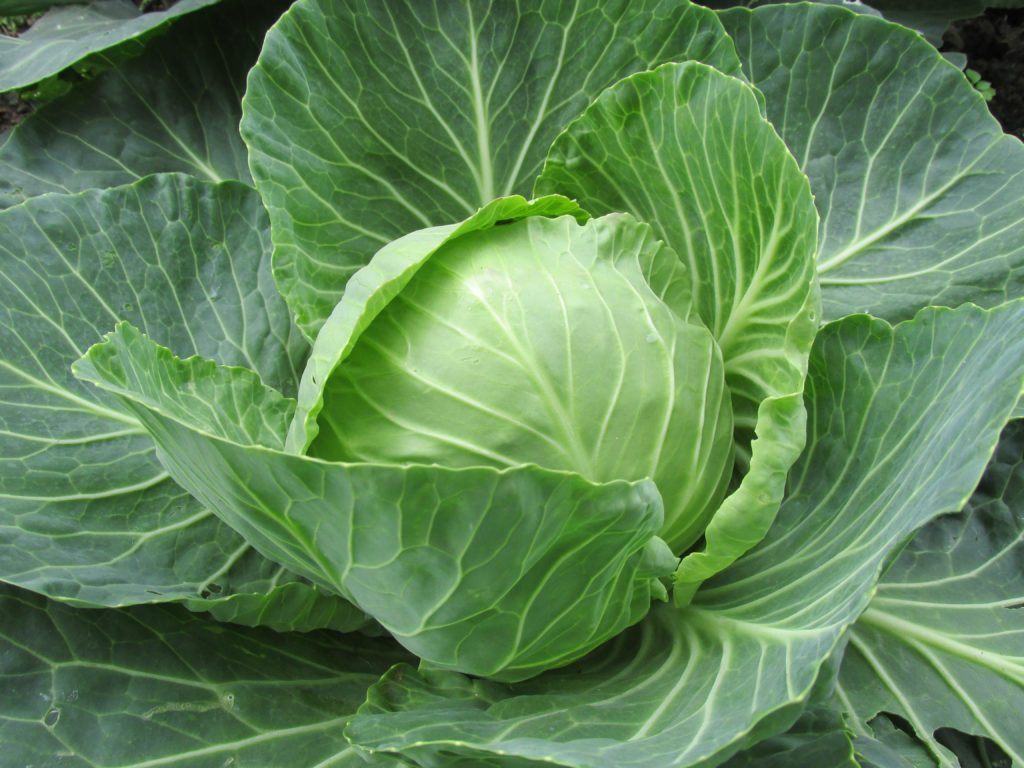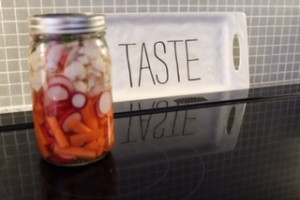So, what’s all the buzz about?
This topic is hot. And it isn’t going anywhere any time soon. We, by now, have all heard about probiotics and even more recently, prebiotics are getting the attention. Even though this topic may seem like a buzz word right now, the process of fermentation is centuries old. However, we are finding out more and more each day the benefits of fermented foods. So, what are fermented foods? Well, first, let’s understand fermentation. Fermentation (in technical terms), according to the dictionary, is the chemical breakdown of a substance by bacteria, yeasts, or other microorganisms, typically involving effervescence and the giving of heat. Basically, it is the breakdown of sugar into acid or alcohol with the use of bacteria or yeast. Most of us are familiar with the process of fermentation in regards to alcohol, like beer or wine. However, many foods we consume go through the process of fermentation without us really thinking about it. Fermented foods are proving to be more and more beneficial to our health, especially our gut health.
Lactic acid, or lactobacillus, is the most common form of bacteria found in most probiotics. Probiotics are healthy bacteria that protect our gut and fight off disease. This bacterium lines the digestive tract in order to keep us healthy. Our gut health is responsible for 80% of our immune system. In fact, we have just as much bacteria in our bodies as we do cells. That’s a lot! In fact, I would go as far as saying we are more bug than we are human! It is no wonder these bacteria are crucial to our health. Some of the best food sources include yogurt, kombucha, kimchi (Asian slaw), sauerkraut, kefir and tempeh (soy). All of which happen to be fermented food. The benefits of probiotics are well documented and include:
o Improving digestion
o Support immune system
o Improve mood
o Anti-cancer benefits
o May protect against brain-related disease
Lactic acid forms when bacteria are broken down through this fermentation process. This process may seem overwhelming or intimidating, but in reality, it really is easy to make your own fermented foods at home! It only requires a few items and a little patience. I have been brewing kombucha for years, and once you have all supplies, it become relatively mindless. However, if you are interested in making other fermented foods, it is relatively easy to do it yourself. All you will need are a few items. First you will need a glass container or a ceramic container. Depending on what you are making, mason jars do the trick, or for larger batches, such as kombucha, you will need a larger vessel.
To ferment vegetables, you will need:
· Glass mason jar
· Veggies of choice (carrots, cabbage, celery, mushrooms, radishes, garlic, onion, zucchini, etc)
· Salt or homemade salt brine
· Water
· Flavorings (ginger, herbs, chili peppers, etc)
Chop veggies and add flavors. Mix together and place in 32 oz mason jar. Combine 2 tbsp sea salt to 4 cups lukewarm water and allow to dissolve. Pour over veggies and cover. Allow to ferment on counter or in cupboard away from sunlight. After about 2-3 days you will notice bubbling and a vinegar smell coming from jar. This is a sign that the veggies are ready to be placed in fridge. Veggies will continue to ferment, but will slow down.
Enjoy veggies on the side or on top of sandwiches, salads or toast. A scoop a day will keep the doctor away!
Precautions
Some may struggle with fermented foods especially those who might be battling candida and/or SIBO (Small intestinal Bacterial Overgrowth). Although fermented foods can help decrease your risk of developing these conditions, for a short period it may be beneficial to avoid until things settle. Once settled, it helps to reinoculated the gut with good bacteria and fermented foods. If you desire more help or need more information, please give us a call to schedule an appt!




